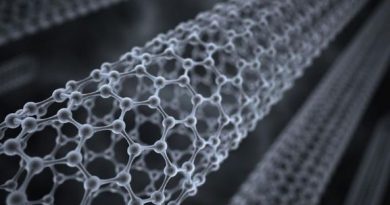DRDO introduces anaerobic bio-digestion (ABD tank) technology to clean sewage
 anaerobic bio-digestion ABD tank DRDO sewage treatment plant STP
anaerobic bio-digestion ABD tank DRDO sewage treatment plant STP
In India, technology is revolutionizing the landscape of wastewater treatment, and the Defence Research and Development Organisation (DRDO), the country’s premier institution, has made a significant contribution with its innovative sewage treatment technology known as anaerobic bio-digestion (ABD) tank technology. This cutting-edge technology has proven to be highly effective in treating sewage.
A collaborative effort between DRDO and the Central Training College of the CRPF has led to the development of a sewage treatment plant utilizing the ABD tank technology. The CRPF college, located near Coimbatore and spanning 400 acres, stands to benefit from this advancement, as it can now save up to four lakh litres of water daily.
The ABD tank technology employed in the new sewage treatment plant has the capability to treat all sewage and faecal matter generated by the residents of the campus, encompassing about 400 families and 1,000 trainees. This process transforms the waste into odour-less water, suitable for various purposes except drinking.
This state-of-the-art technology is a joint program involving DRDO, CRPF, Central Public Works Department (CPWD), and Coimbatore-based MaK India Ltd.
One noteworthy aspect of the ABD technology is its patent by MAK-DRDO, and it holds the distinction of being the first of its kind in India that operates without the need for power to digest sewage content. The technology also eliminates foul odours. The treated water is wisely utilized within the campus for irrigation, gardening, and horticulture, ensuring that no water goes to waste.
Before the implementation of the ABD tank technology, approximately 90% of the area’s pollution was attributed to sewage water. This challenge has been effectively addressed through the adoption of this innovative technology. As a testament to its success, over 6,000 smaller versions of the ABD tank have been installed in households and other establishments. Furthermore, the treatment plant operates with minimal power consumption, merely requiring the energy to operate a motor for pumping the treated water.
It is worth noting that over 300 workers have died in the process of manual scavenging in India, as per government statistics. Despite there being a ban on using human workers, the practice has continued, and worse, without adequate use of protective equipment.




